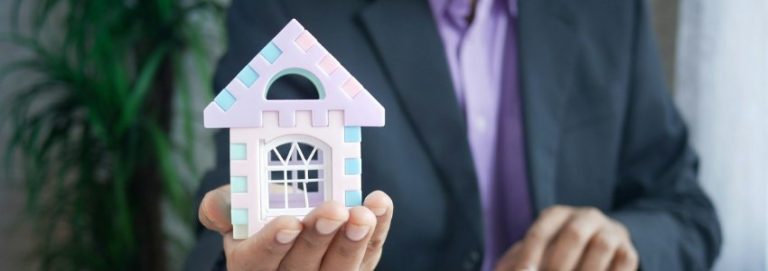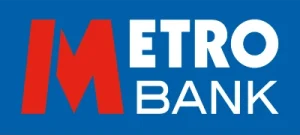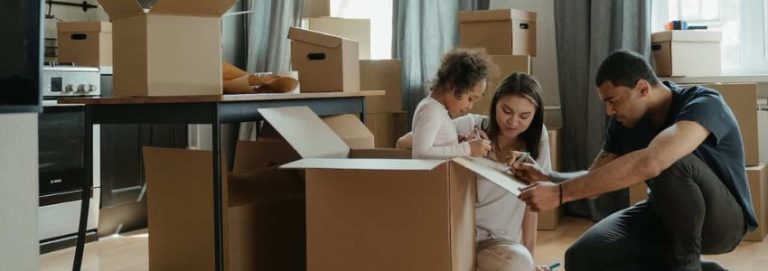
How to Pay Off Your Mortgage Early
Are you dreaming of a life without mortgage payments? Paying off your mortgage early can free up your finances and






Enter a few details about what you are looking for.
Save money by comparing instant quotes online.
Enter a few more details and receive free expert mortgage advice from Fluent Money.
Mortgages are a type of loan used to buy a property; the mortgage is secured against the value of the property with monthly repayments made to the bank or building society that the mortgage is with.
To compare mortgages, you’ll need to think about the different options available, the property value, your deposit and the mortgage term from 5 – 35 years.
Whether you’re buying your first home, buying a new house or re-mortgaging, it’s important to be aware of what’s available, what you can afford and the fees you may need to pay.
With a fixed rate mortgage, your repayments are guaranteed to stay the same every month for a period, usually two or five years. However, fixed rates are sometimes higher than variable rates.
This is your lender’s standard interest rate for mortgages. You’ll be moved onto this at the end of a time-limited mortgage rate if you don’t switch and you’ll probably be paying more than you need to be.
Your interest rate is linked to your lender’s SVR (standard variable rate) minus a set percentage. The SVR can change at your lender’s discretion, so your monthly repayments will go up and down.
Your interest rate tracks the Bank of England base rate plus a set percentage. So as the base rate goes up and down, so will your monthly repayments.
An offset mortgage links your savings to your mortgage and ‘offsets’ their value against the loan balance. So you would pay less interest on your mortgage but your savings won’t earn any interest.
This allows you to pay just the interest charged on the loan each month which can mean lower monthly payments but you still have to plan to repay the amount you’ve borrowed at the end of the term.
A first-time buyer mortgage is aimed at people who want to buy a property in the UK for the first time, it is for those who have never owned or inherited residential property before. You won’t qualify as a first-time buyer if you’ve ever owned a commercial property with living accommodation, or if you’re looking to buy a property with someone else who’s previously owned a home of their own.
As a first-time buyer, you may have a smaller cash deposit to put towards your purchase. You should research the different types of loans, including fixed and tracker rates, and see which is the most suitable for your needs. Lenders often add incentives for first-time buyers like cashback, help with legal fees or free valuations.
Remortgaging is when you switch your existing mortgage to a new deal, using the same property as security. If your current mortgage deal is ending in less than six months or you’d like to see if you can save money by getting a lower interest rate and better terms, then you should remortgage.
For example, if you’re at the end of your initial deal, which could be a fixed-rate mortgage or variable-rate mortgage, you should consider remortgaging to a new deal to avoid paying your lender’s higher standard variable rate (SVR), or if you decide to switch to a repayment mortgage from interest only.
You should consider deals from your current lender as well as deals from new lenders, as these may be cheaper than your current deal. A remortgage deal might also be right for you if you want to borrow more money against your property for home improvements for example.
A buy-to-let mortgage is one that has been designed for people looking to purchase a property as an investment. So if you plan to rent it out to tenants rather than live in it yourself, you’ll need a buy-to-let mortgage.
Like other mortgage types, it’s a secured loan that’s used against the property, whether it’s a house or flat. You’ll usually require a larger deposit than you would for a mortgage to buy your own home. Often a minimum deposit of 20-25% is required and the amount you can borrow will depend on the monthly rental income you will get for the property.
You may also need to have previous experience of being a landlord. Buy-to-let mortgages are usually interest-only mortgages, which means you only repay the interest each month. This means you need to pay back the amount borrowed at the end of the term.
When comparing mortgages, it’s important to have an idea of what you can afford and how likely it is you’ll qualify for what you would like to borrow.
There are many factors lenders look at when working out how much they think you can borrow, this includes your income, your outgoings and your credit history. They need to know that you can afford the mortgage you want. A good credit score will demonstrate that you can manage your money, and this together with a reasonably large deposit may mean that lenders will offer you a more competitive interest rate.
Remember that there’ll be other expenses, such as surveys, mortgage fees, legal costs and stamp duty to consider when working out how much you can afford to spend on a property.
Before you look at properties you should get a mortgage agreement in principle as this will help decide on your budget.

Are you dreaming of a life without mortgage payments? Paying off your mortgage early can free up your finances and

There are lots of exciting things about moving home, but unless finance, research and admin float your boat, finding the

When it comes to securing a mortgage in the UK, one of the most significant decisions you’ll face is whether

Buying a home is one of the most significant financial decisions you’ll ever make. For most people, it involves securing